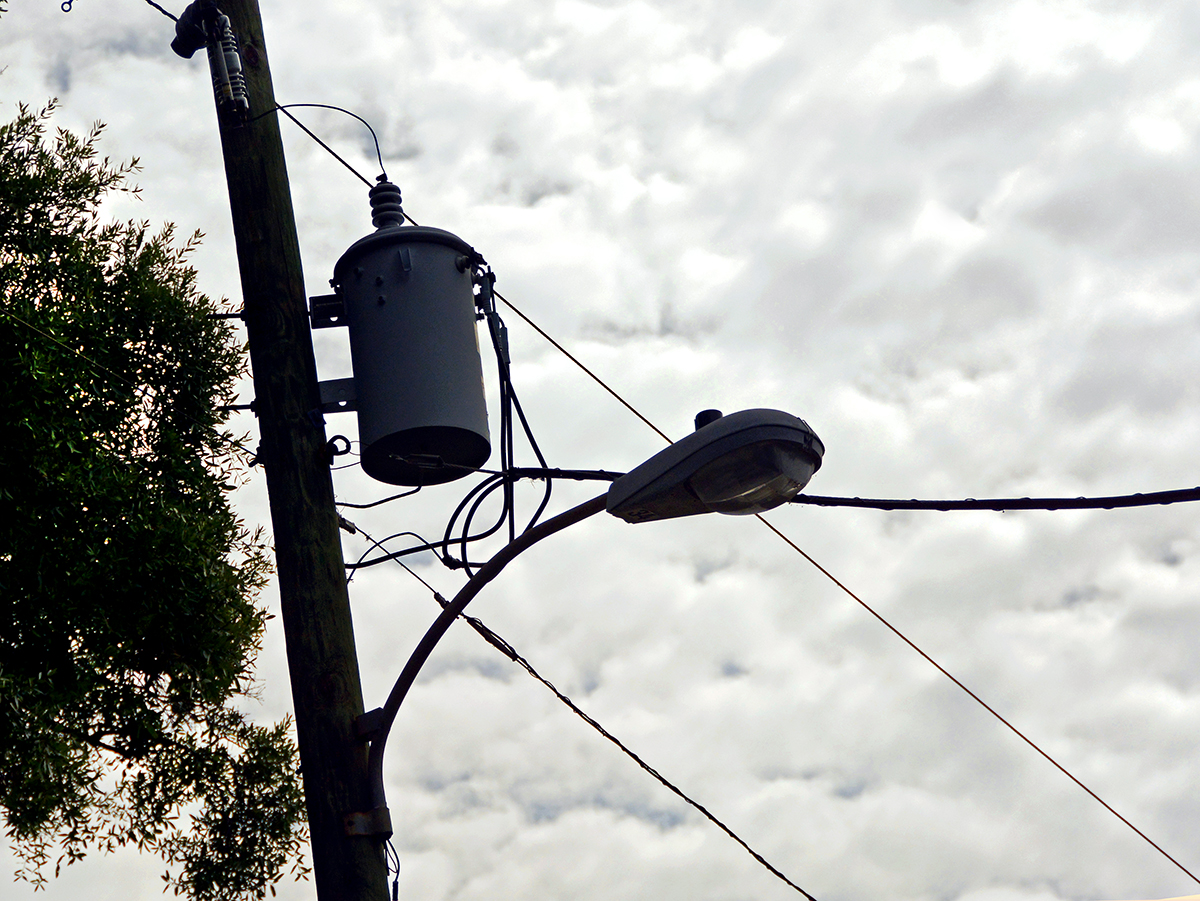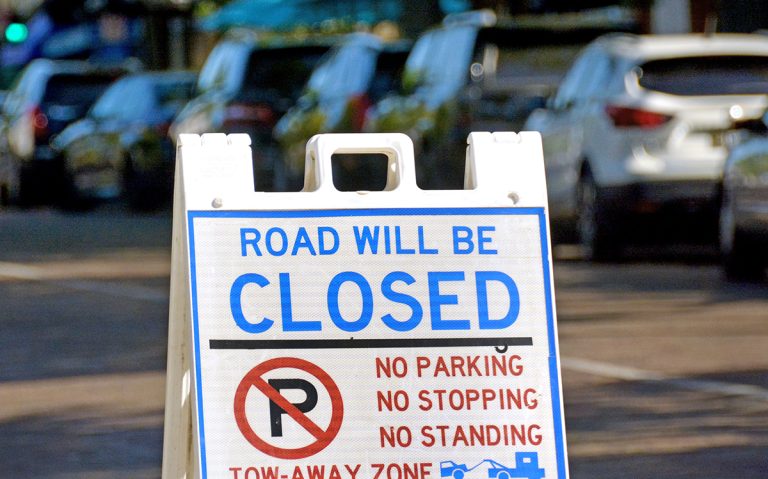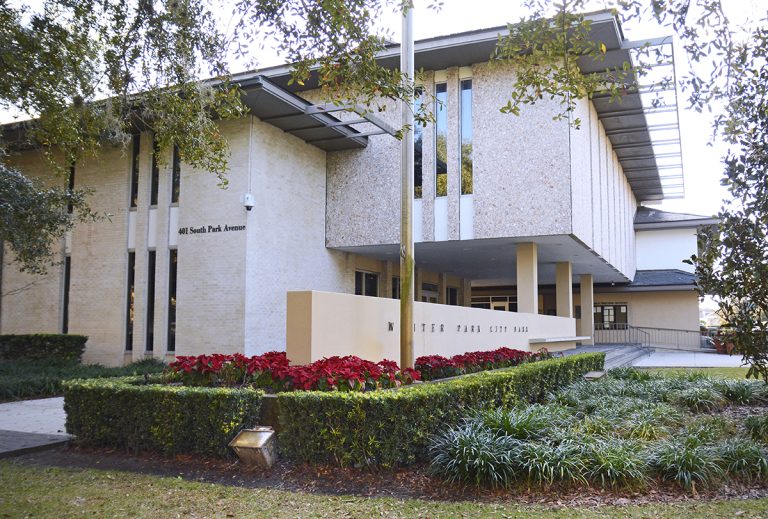City Commission will enlist public opinion for what may be an “unprecedented” effort to switch electric utility service for interested residents.
In 2003, Winter Park voters approved $50 million in bonds to buy out the city’s Progress Energy facilities. The switch was flipped in 2005 and the transition from overhead lines to an underground grid began with approximately 78% of the project currently complete. But not all city residents are customers.
During the September 11 City Commission meeting, Vice Mayor Todd Weaver recalled a Duke Energy petition for the undergrounding of its grid in which nearly 50 out of 250 Winter Park customers declined to grant right-of-way for new equipment. As a result, Duke’s undergrounding plan within the city limits was nullified. “I’ve brought this up a couple times over the last five years,” Weaver said, and pointed to the frequency of weather-related outages in above-ground systems and the price difference between the city’s electric utility as reasons to offer a change. “Duke’s charging about 30% more for their rates. It’s important to find out if those customers do want to convert to Winter Park Electric Utility.”
Weaver proposed a survey to determine the interest of resident customers in the transition and suggested the findings, should they be positive, be brought before the Public Service Commission for possible intervention. City Manager Randy Knight expressed concern about creating unrealistic expectations as Duke Energy has previously stated its unwillingness to negotiate customer exchanges, and warned a Public Service Commission mandate may be unlikely. “It would be unprecedented,” Knight said.
“I would like to create an expectation,” Weaver replied, believing the offer of lower costs and improved efficiency could make the case. “Public opinion does make a difference on this commission and I think it would in Tallahassee as well.”
But local history and recent headlines offer little hope of a smooth transition from a large utility company.
The Tampa Bay Times reported on August 2 that Duke Energy is protesting an effort by the city of Clearwater to create its own utility when its 30-year agreement with Duke ends in December of 2025. According to the story, Duke Energy Florida President Melissa Seixas told Clearwater officials that the company’s equipment was not for sale and could only be acquired through eminent domain.
During Winter Park’s effort to separate, Progress Energy spent more than $500,000 on an attempt to defeat the 2003 voter referendum that led to the city’s buyout.
Weaver told the32789 that there is a local precedent for a changeover from Duke Energy. “The Ravaudage developer was successful in abandoning Duke in favor of the Winter Park Electric Utility for that large project,” he explained. However, Weaver also said that, “in order to buy Duke out, it would require a bond issue like we did 20 years ago with Progress. A bond issue would definitely have to come before the City Commission.”
Commissioner Kris Cruzada asked if the Winter Park residents who approved the undergrounding expressed their dissatisfaction to the Public Service Commission. “I don’t think a lot of them are aware they’re paying 30% more for their power,” Weaver replied, noting the intent of the survey would be to provide information as well as gauge interest in the switch.
Commissioner Craig Russell and Mayor Sheila DeCiccio were interested, but wanted customers to be aware that the city was not guaranteeing success. “I’m with that fight for the residents as long as you feel that (they) can understand that it is just that,” Russell said. “We’re putting ourselves out there to fight for them and it’s something that might not happen.”
“I agree with you that it’s a possibility,” Weaver said, “but creating an expectation may give us the backing of the customers to push this through.”
Commissioner Marty Sullivan was not in attendance but the survey was approved by the remaining commission members. There was consensus for an accompanying explanation that the findings would be presented to the Public Service Commission for consideration. No timetable for the creation and submission of the survey was discussed.



